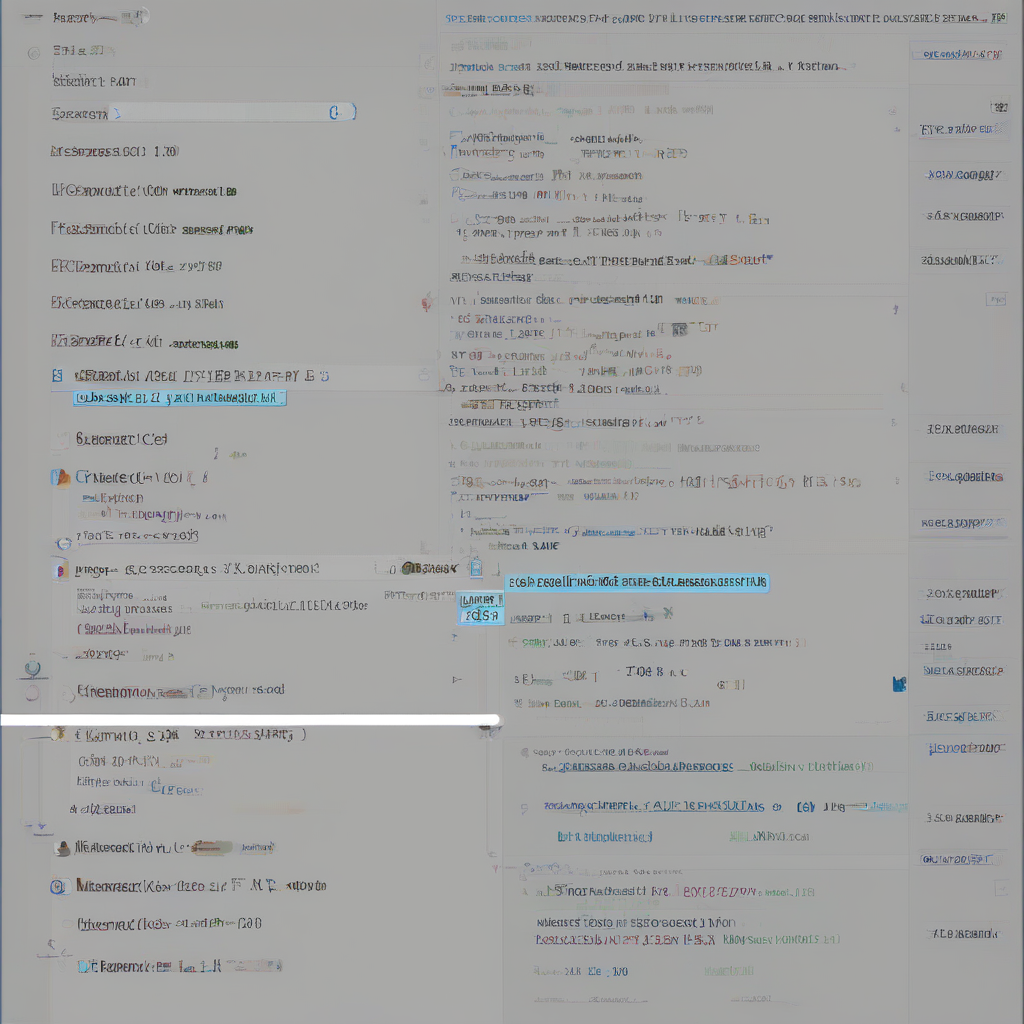Will Settling Debt Improve Your Credit Score? A Comprehensive Guide
Navigating the world of credit can feel daunting, especially when faced with the prospect of settling debt. While settling might seem like a quick fix, its impact on your credit score is a complex issue. Understanding the nuances of debt settlement and its implications for your credit health is crucial. This comprehensive guide will delve into the intricacies of debt settlement, its potential impact on your credit score, and strategies to improve your financial standing.
Understanding Debt Settlement
Debt settlement involves negotiating with creditors to pay a lump sum amount less than the total debt owed. This can be an attractive option for individuals struggling to make payments and facing potential default. However, it’s crucial to recognize that debt settlement is not a guaranteed solution and comes with significant drawbacks.
- Potential Benefits of Debt Settlement:
- Reduced Debt Burden: Settling debts for a lower amount can significantly reduce your financial obligations, offering immediate relief.
- Improved Cash Flow: By paying a smaller amount, you can free up cash flow for other expenses, potentially contributing to a more stable financial situation.
- Avoidance of Default: Settling debts can prevent a default on your loans, which can have serious negative consequences for your credit score.
- Potential Drawbacks of Debt Settlement:
- Negative Impact on Credit Score: Debt settlement typically results in a negative mark on your credit report, lowering your credit score.
- Damaged Credit History: The negative mark on your credit report can remain for several years, impacting your ability to secure future loans or credit cards with favorable terms.
- Tax Implications: The forgiven portion of your debt may be considered taxable income, increasing your tax liability.
- Financial Stress: Negotiating debt settlement can be a stressful and time-consuming process, requiring careful consideration and legal expertise.
How Debt Settlement Affects Your Credit Score
The impact of debt settlement on your credit score is multifaceted. Understanding the various factors involved can help you make informed decisions.
- Negative Marks on Your Credit Report:
- “Settled Account”: A “Settled Account” notation appears on your credit report, indicating that the debt was resolved through a negotiated settlement, usually for a lower amount than the original debt.
- “Charged-Off”: If the creditor writes off the remaining debt after settling, it may appear as a “Charged-Off” account on your credit report, further impacting your credit score.
- Impact on Credit Utilization Ratio:
- Higher Utilization Ratio: Although your overall debt is reduced through settlement, the negative marks on your credit report can negatively impact your credit utilization ratio (the amount of credit you use relative to your available credit limit). A higher credit utilization ratio can lower your credit score.
- Length of Credit History:
- Reduced Length of Credit History: If a settled account is closed, the account’s history is no longer considered part of your overall credit history, which can lower your credit score if you have a relatively short credit history.
Strategies for Improving Your Credit Score After Debt Settlement
While debt settlement can negatively affect your credit score, there are strategies to mitigate the damage and rebuild your financial health.
- Responsible Credit Management:
- On-Time Payments: Making all payments on time is crucial for rebuilding your credit score. This demonstrates to lenders that you are reliable and responsible with credit.
- Low Credit Utilization: Keep your credit utilization ratio low by using only a small portion of your available credit. Aim to keep it below 30%.
- Monitor Credit Report: Regularly review your credit report for errors and ensure the information is accurate.
- Build Positive Credit History:
- Secured Credit Cards: Consider using a secured credit card, which requires a security deposit and can help establish a positive credit history.
- Become an Authorized User: If you have a close friend or family member with good credit, inquire about becoming an authorized user on their credit card. This can help boost your credit score.
- Consider Credit Counseling:
- Professional Guidance: A credit counselor can provide personalized advice, help you develop a budget, and explore debt management options.
- Debt Consolidation: Credit counselors can help consolidate multiple debts into a single loan with lower interest rates, making it easier to manage debt and improve your credit score.
Alternatives to Debt Settlement
Before opting for debt settlement, consider exploring alternative options that may have a less detrimental impact on your credit score.
- Debt Consolidation: Combine multiple debts into a single loan with a lower interest rate. This can streamline payments and potentially save money on interest charges.
- Debt Management Plan: Work with a credit counseling agency to create a budget and negotiate lower interest rates or payment plans with your creditors.
- Balance Transfers: Transfer high-interest balances to a credit card with a lower interest rate, allowing you to pay down the debt more quickly.
When Debt Settlement May Be an Option
While debt settlement should be a last resort, there are situations where it might be a viable option.
- Inability to Make Payments: If you are unable to make your minimum payments due to a significant financial hardship, such as job loss or medical expenses.
- High Debt-to-Income Ratio: If your debt obligations are significantly higher than your income, making it difficult to manage your finances.
- Limited Credit History: If you have a short credit history, the negative impact of debt settlement may be less significant.
Conclusion
Debt settlement can be a complex and potentially risky option. While it may offer short-term relief from overwhelming debt, the long-term consequences for your credit score can be significant. Before pursuing debt settlement, carefully consider all available options, including debt consolidation, debt management plans, and balance transfers. Seek professional financial advice and weigh the potential benefits and drawbacks of each approach to make an informed decision that aligns with your financial goals.





